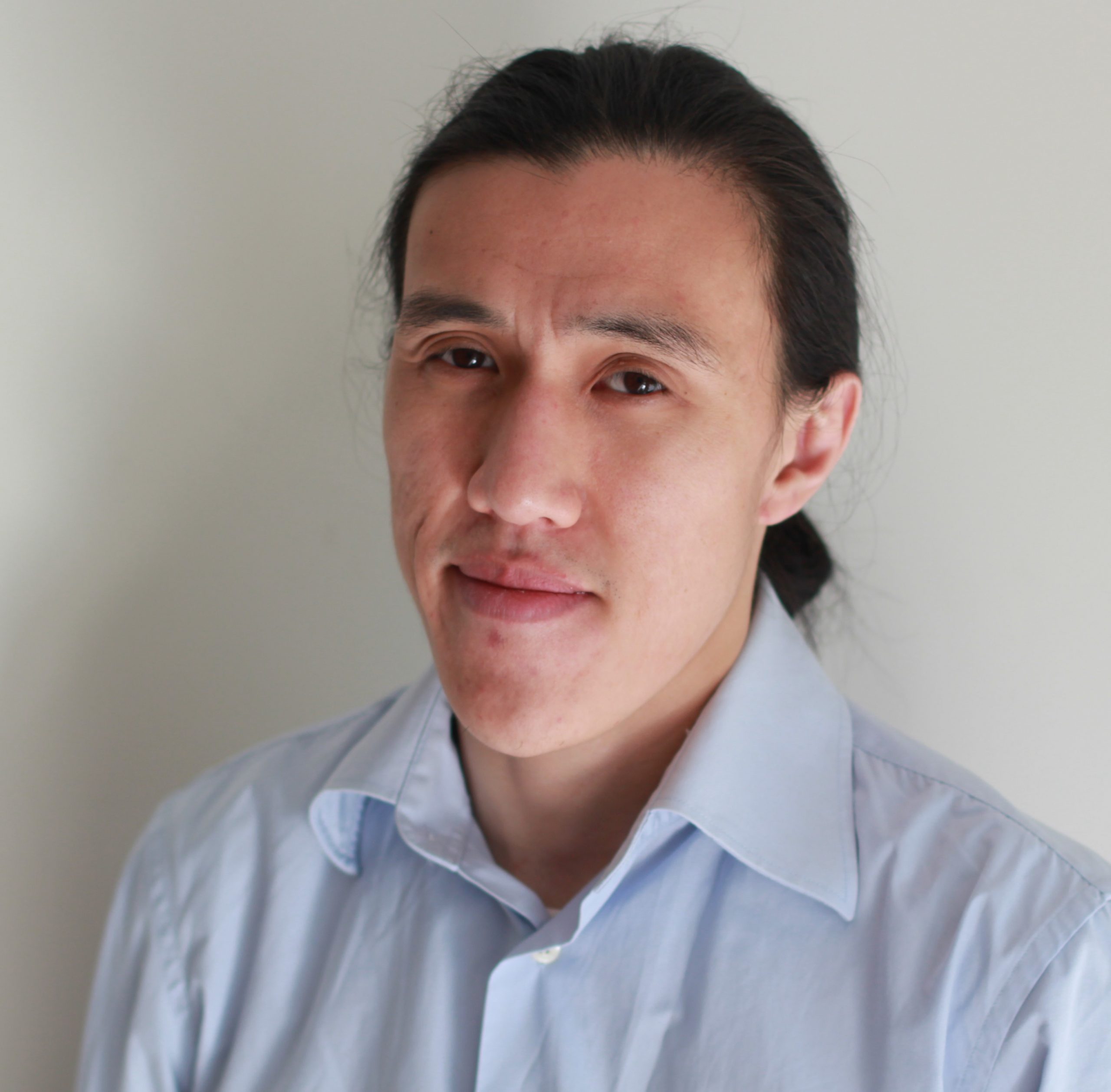
A/Prof Thomas Tu
ACHV President
Molecular Viral Hepatitis group
Storr Liver Centre | Westmead Institute for Medical Research
Dr. Tu is a molecular biologist whose research focuses on chronic Hepatitis B virus infection and the associated liver disease. He currently leads a research group at the Westmead Institute for Medical Research (Sydney), focusing on how chronic hepatitis B infection is maintained and, over time, causes liver cancer. He also lives with chronic hepatitis B himself, now acting as a public advocate for the affected community
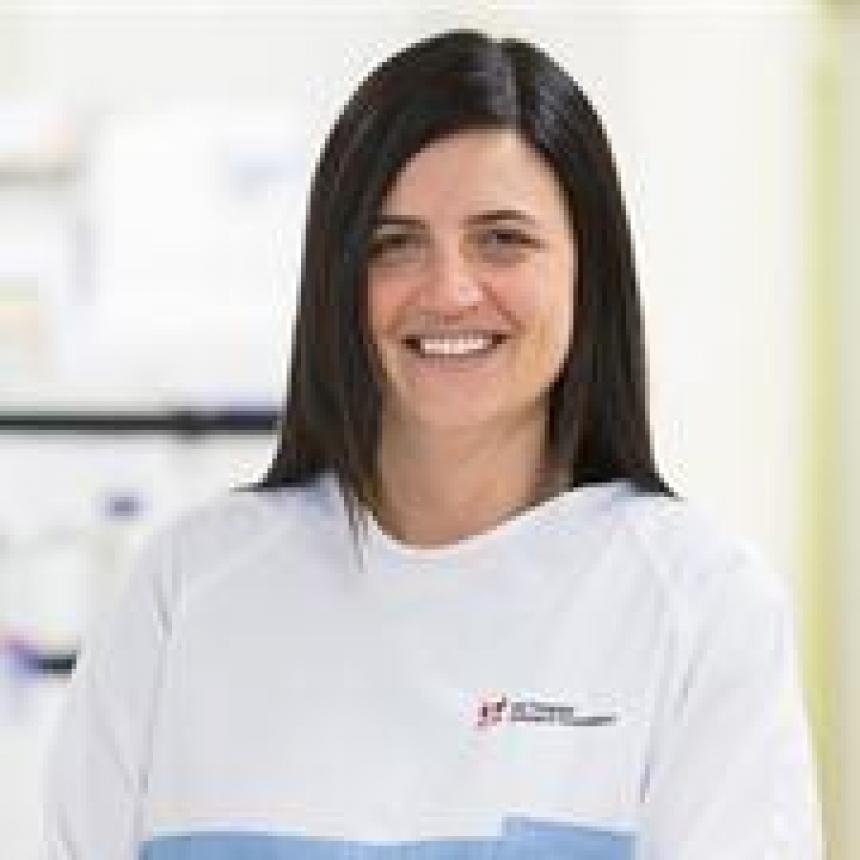
A/Prof Branka Grubor-Bauk
ACHV Vice-President
Viral Entry and Vaccines Laboratory, Burnet Institute
Dr Grubor-Bauk is a viral immunologist focusing on the development of novel vaccines. For the past 9 years she has worked in vaccine development focusing on the prevention of hepatitis C virus (HCV), human immunodeficiency virus (HIV) and Zika virus.
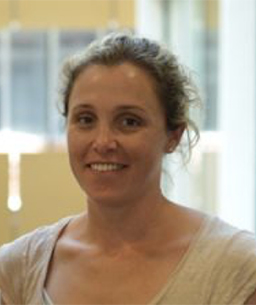
Prof Rowena Bull
ACHV Treasurer
Viral Immunological Systems Program
School of Medical Sciences (SOMS) | The Kirby Institute,UNSW
My laboratory is interested in understanding the interaction between host and virus and the resulting influence on disease outcome in humans. We examine a number of different viruses, including hepatitis C virus. We take a multidisciplinary approach by integrating virology, immunology and bioinformatics tools.

Prof Heidi Drummer
ACHV Past President and Scientific Director, Burnet Diagnostics Initiative
Viral Entry and Vaccines Laboratory, Burnet Institute
My laboratory examines how viral glycoproteins function to facilitate viral entry and their role as targets of the humoral immune response. Using this information, we rationally design new vaccine candidates and examine their antigenic and immunogenic profiles. My vision is to develop a vaccine for the elimination of HCV.

Dr Nadia Warner
Victorian Infectious Diseases Reference Laboratories (VIDRL) at The Peter Doherty Institute, VIC
My research is focused around understanding the replication and pathogenesis of hepatitis B virus, and how we can exploit this to examine drug targets. Using cell culture models we are able to determine the effects of HBV variants on the host cell, and analyse the efficacy of combination drug therapy.
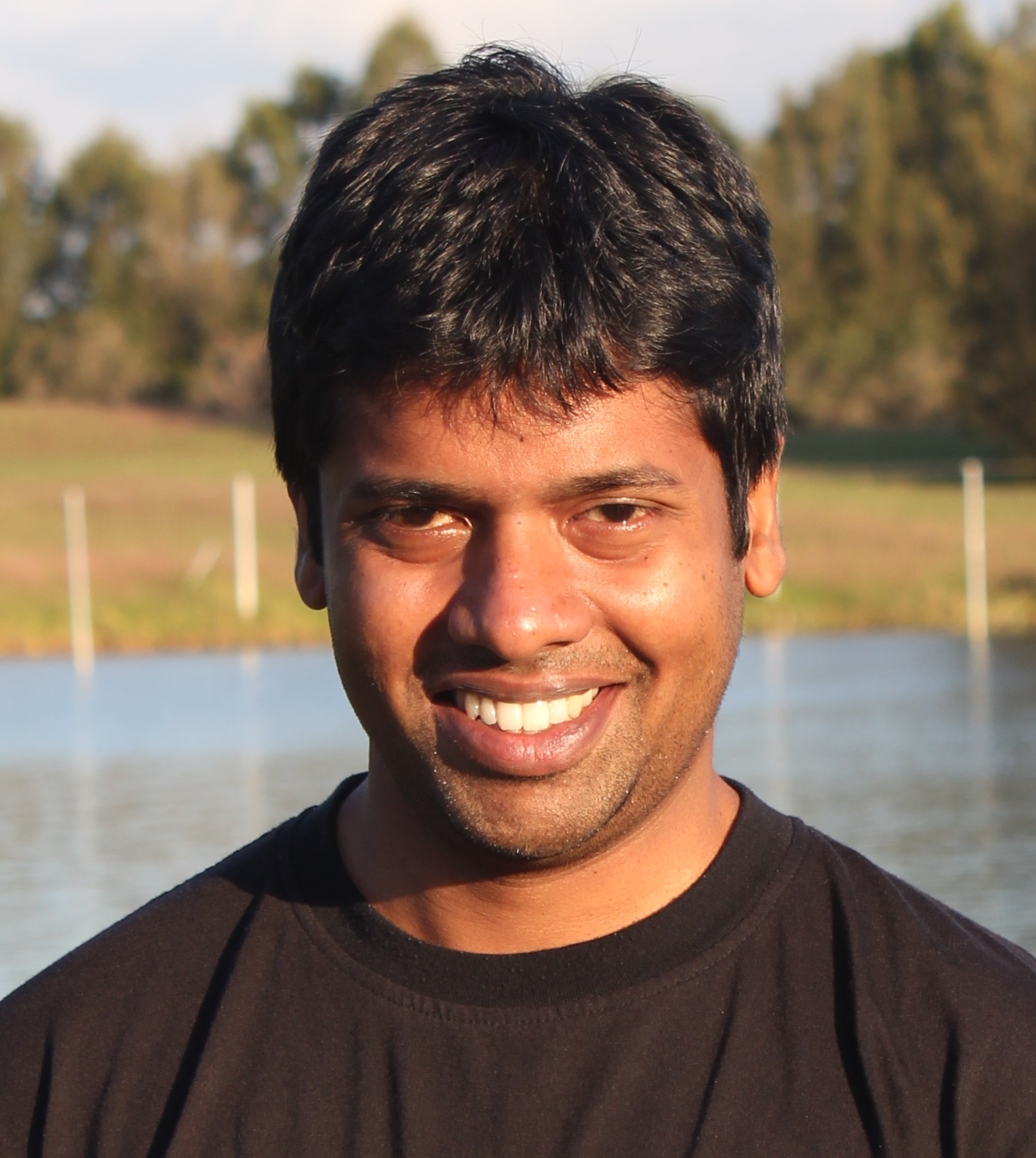
Dr Chaturaka Rodrigo
NHMRC Investigator (EL1)
Senior Lecturer, Viral Immunology Systems Program
University of New South Wales
My work focusses on viral genomics, phylogenetics, evolutionary analysis of RNA viruses, including hepatitis C. I am also interested in integrating next generation sequencing based solutions to clinical care and virology research

A/Prof David Anderson
Deputy Director (Partnerships) and Co-Head
Global Health Diagnostics Development Lab, Burnet Institute
David Anderson has studied the molecular virology of hepatitis A, hepatitis E and hepatitis B viruses over many years. Building from that work, his current research is largely focused on the development, industrialisation and commercialisation of point-of-care diagnostics including tests for liver function in HBV and HCV, and tests for infection with HEV, HAV and other infectious diseases.
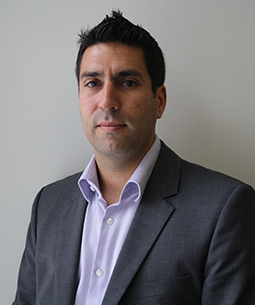
Professor Jason Grebely
Viral Hepatitis Clinical Research Program
The Kirby Institute
UNSW Sydney
My research program focuses on the epidemiology and treatment of hepatitis C virus (HCV) infection. This includes the evaluation of diagnostic tests, strategies to enhance testing for HCV infection, and using phylogenetics to better understand HCV transmission and reinfection. My research integrates virology, clinical epidemiology, biostatistics, and public health.
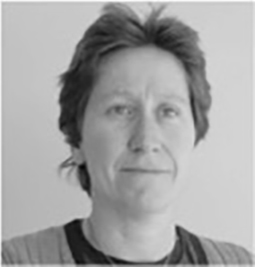
Silvana Gaudieri
Silvana Gaudieri BSc (Hons), PhD
School of Human Sciences, University of Western Australia, WA, Australia
Research Associate Professor
Division of Infectious Diseases, Vanderbilt University Medical Center Nashville, Tennessee, USA.
Adjunct Associate Professor
Institute for Immunology and infectious Diseases, Murdoch University, WA.
My research group is interested in examining host-viral interactions that influence immune control of HCV and HIV infections. Using high-resolution molecular biology and cellular immunology assays coupled to bioinformatics tools, we examine viral adaptation to anti-viral CD8+ and CD4+ T cell responses. The host-viral interaction is also examined from the viewpoint of understanding other
host immune pressures, exerted on the virus from both the innate (NK cell and Interferon) and adaptive (proteins involved in peptide presentation) arms of the anti-viral immune, response that can drive viral evolution and influence infection outcome.
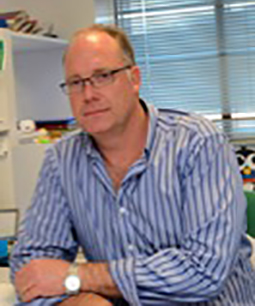
Associate Professor Michael Beard
Viral Pathogenesis Research Laboratory (VPRL)
Deputy Director Research Center for Infectious Diseases (RCID)
The University of Adelaide
My Laboratory interested in the host response to the hepatitis C virus and other closely related viruses such as Dengue, West Nile and Zika virus. In particular we study the innate immune response to these viral infections using cell culture and mouse models of infection coupled with the latest imaging and bioinformatics approaches.
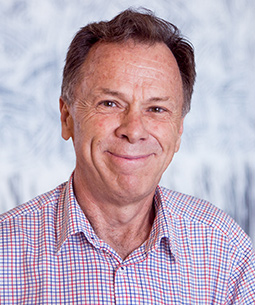
Professor Andrew Lloyd
Head, Viral immunology Systems Program (VISP)
Kirby Institute, University of NSW
The VISP research team utilises inter-disciplinary approaches to study the complex interactions between pathogen, host, and environment, which underpin human viral infections, particularly hepatitis C. The Program includes clinicians and scientists undertaking epidemiological and implementation studies in the field, laboratory-based research in immunology, virology, and systems biology (bioinformatics and mathematical modelling).
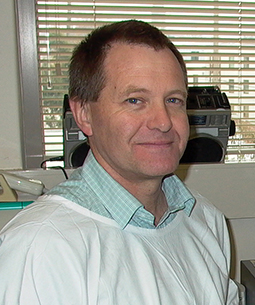
Prof Scott Bowden
Head of Molecular Microbiology
Victorian Infectious Diseases Reference Laboratory (VIDRL)
Doherty Institute
Dr Scott Bowden is the Head of the Molecular Microbiology Laboratory at the Victorian Infectious Diseases Reference Laboratory (VIDRL) and is also an adjunct Professor in the Microbiology Department at Monash University. He has served on several Government committees formulating testing policies for hepatitis B (HBV) and (HCV), has published over 160 papers and is an expert on applications of molecular technology to the diagnosis of the hepatitis viruses.

Peter Revill
Section Head, Molecular Virology Group, Division of Research and Molecular Development
Victorian Infectious Diseases Reference Laboratory (VIDRL)
Doherty Institute
Professor Peter Revill is a senior medical scientist at the Victorian Infectious Diseases Reference Laboratory (VIDRL), Royal Melbourne Hospital, located at the Peter Doherty Institute for Infection and Immunity, where he heads the Hepatitis Molecular Virology laboratory. His work focuses on the molecular virology of hepatitis B virus (HBV), particularly developing novel approaches to curing HBV infection and identifying mechanisms for HBV-associated liver cancer. Peter holds honorary appointments as Principal Research Fellow in the Departments of Microbiology and Immunology, and the Department of Microbiology at Monash University.
In addition to his research interests, Peter has most recently championed the establishment of an international consortium that is facilitating coordinated approaches to HBV cure worldwide, known as the International Coalition to Eliminate Hepatitis B (ICE-HBV; www.ice-HBV.org). Peter is Chair of the ICE-HBV Governing board.
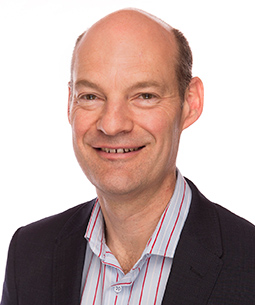
Associate Professor Mark Douglas
Group Leader, Viral Hepatitis Pathogenesis Group
Storr Liver Centre, The Westmead Institute for Medical Research,
The University of Sydney Westmead Clinical School, Faculty of Medicine and Health
My lab studies the pathogenesis of hepatitis B, C and D viruses. As an Infectious Diseases specialist, I treat patients with viral hepatitis. Our projects are diverse, ranging from basic molecular pathogenesis to clinical research. Current research focuses are finding a cure for hepatitis B and studying hepatitis C virus resistance.
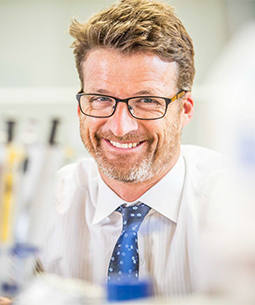
Professor Alex Thompson
Director, Department of Gastroenterology, St. Vincent’s Hospital, Melbourne
Alex Thompson is Professor-Director of Gastroenterology at St. Vincent’s Hospital Melbourne (University of Melbourne) Director of State-wide Hepatitis Program in Victorian prisons. His research interests include models of care for hepatitis with a focus on elimination and the identification of host and viral determinants of the natural history and treatment outcomes of hepatitis B and C viruses. Alex was involved in the discovery of IL28B polymorphism as a predictor of treatment outcome in HCV.He has published widely in journals including Nature, Gastroenterology, Hepatology, Gut and Journal of Hepatology.
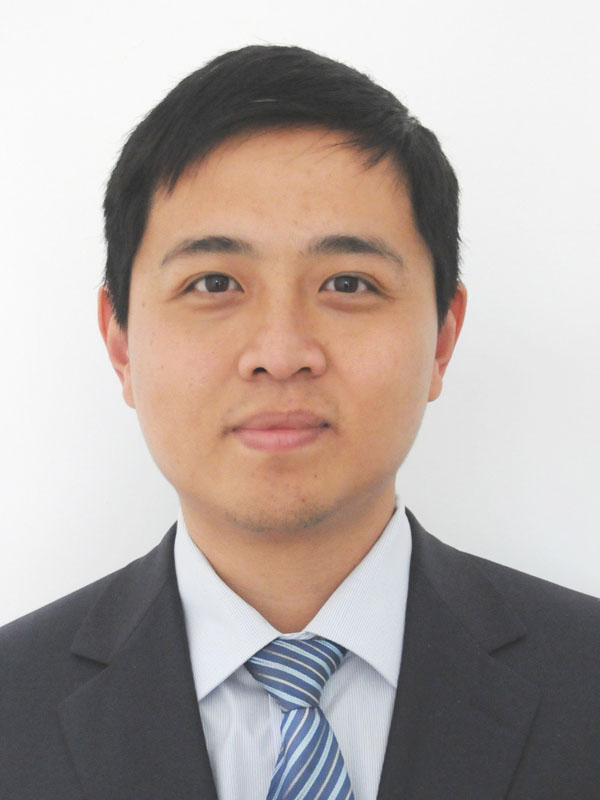
A/Prof Xiaonan Zhang
Centre for Research in Therapeutic Solutions, Faculty of Science and Technology, University of Canberra
My research is mainly focused around clinic-oriented molecular biology and translational medicine of Hepatitis B Virus. We are developing novel in situ assays for spatially and temporally resolved imaging of viral activity both in cell culture and in animal models. We are also dedicated in deciphering various forms of HBV subviral particles and their relationship with chronic liver disease. I am also involved in the molecular virology and antiviral development against emerging infectious diseases such as H7N9 influenza, enteroviruses and SARS-CoV-2.
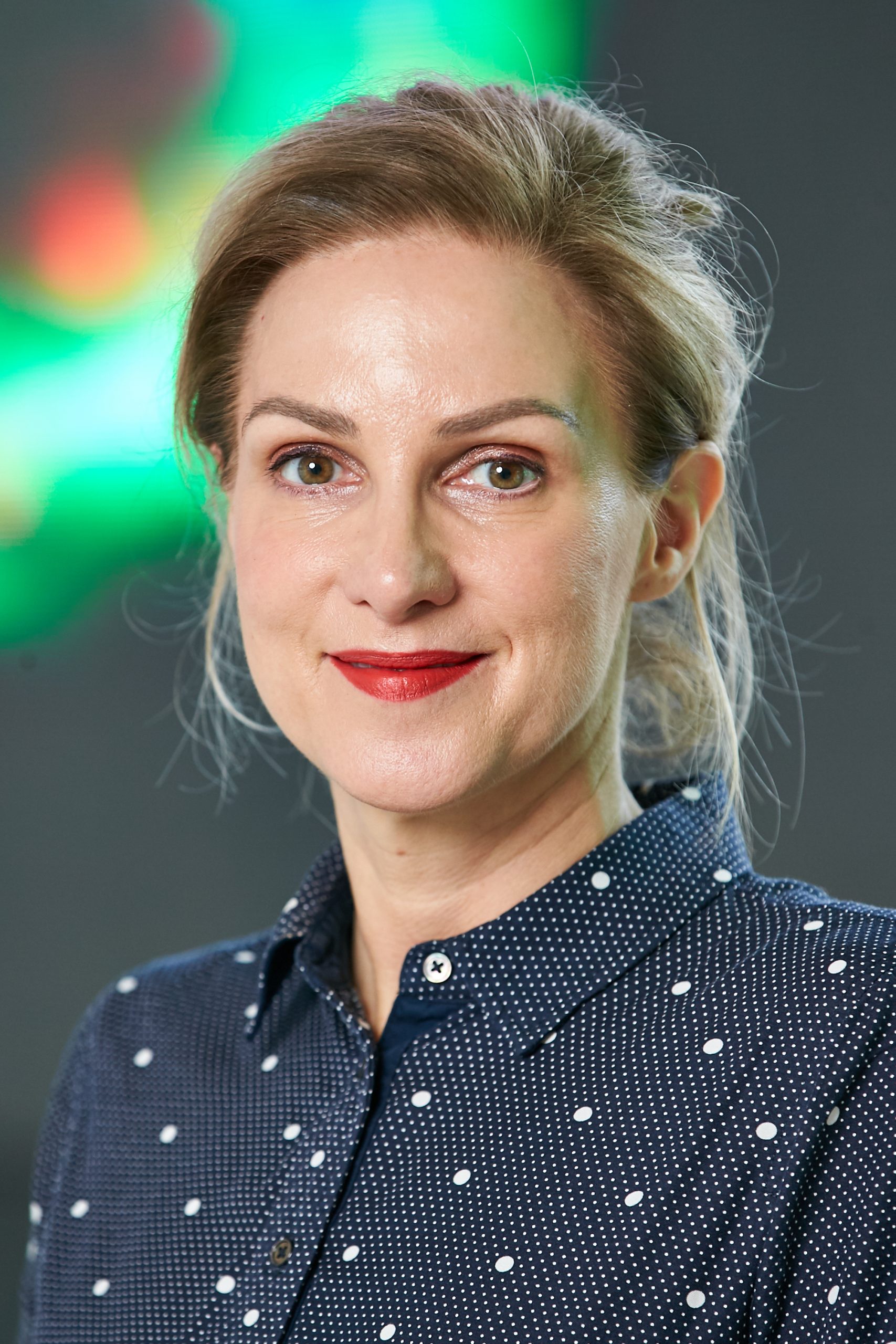
Prof Michaela Lucas
Group Leader, Immunology and Transplantation Group
The University of Western Australia, School of Medicine
Immunologist & Immunopathologist
Sir Charles Gairdner Hospital, Perth Children’s Hospital, Pathwest
Clinical Professor Michaela Lucas is an Immunologist and Immunopathologist, leading a multi-disciplinary team of clinical and basic science researchers at the Immunology & Transplantation Lab at UWA. Her research spans T-cell immunology including the pathogenesis of drug allergies, anti-viral T-cell responses, vaccine development, the development of adaptive immunity in transplantation, and most recently, understanding the impact of environmental-exposures on human health.
